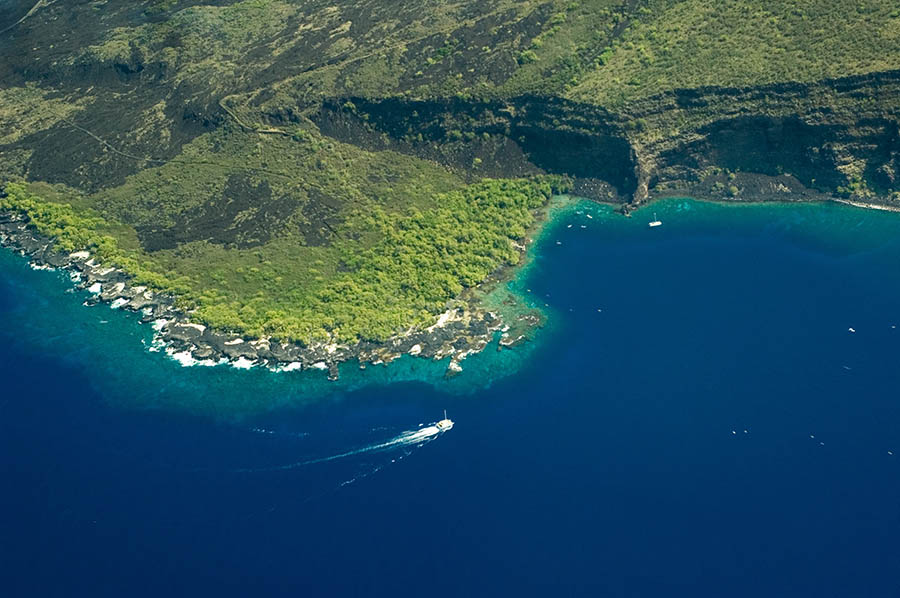special commentary by Robert Likins, Vice President of Governmental Affairs, PIJAC, via Pet Product News & PIJAC
Since October 2017, Hawaii aquarium fishing industry permits have been suspended due to a ruling by the Hawaii Supreme Court that such permits require compliance with the Hawaii Environmental Protection Act (HEPA). This ruling, and subsequent regulatory decisions, caused the suspension of 233 fishing permits. This severely limited both the available aquarium fishing methods and employment in the Hawaii aquarium trade.
The Pet Industry Joint Advisory Council (PIJAC) has been working with aquarium fishers to address the Supreme Court’s ruling by developing documents that comply with HEPA. On April 8, the State of Hawaii published two Draft Environmental Assessments (DEAs) evaluating aquarium fishing on the islands of Oahu and Hawaii. The DEAs were created with input and data from the state, the National Marine Fisheries Service, and independent scientists. The DEAs conclude that the aquarium fisheries on these islands are environmentally sustainable and do not result in significant adverse impacts on local populations of fish in Hawaii.
As I told the Hawaii Tribune-Herald on Tuesday:
“We worked hard to find and consider all available data on the fishery so that the best science was involved in its preparation. We were unable to find any research which shows that the aquarium fishery is depleting the reefs, and two studies have concluded that the fishery has no significant impact on coral or the reef ecosystem.”
The Hawaii Tribune-Herald also reported that:
The analysis found collection rates of less than 1 percent of the population of 37 of the allowed aquarium fish species and less than 5 percent of the other three species around Hawaii Island. Research suggests collection of between 5 percent and 25 percent is sustainable for the various reef species, the report says.
The public comment period to respond to the DEA ends on May 7. PIJAC urges everyone who has credible scientific data that could contribute to the thoroughness of the DEAs to submit it through the public comment process. For more information on this process, please visit the Hawaii Office of Environmental Quality Control’s website.
Comments on the DEAs may be submitted to the following parties:
- Department of Land and Natural Resources, attention David Sakoda, 587-0104, david.sakoda@hawaii.gov, 1151 Punchbowl St., Room 330, Honolulu, HI 96813.
- Copies should be sent to the Pet Industry Joint Advisory Council, on behalf of Hawaii fishers: Jim Lynch, jim.lynch@klgates.com, 925 Fourth Ave., Suite 2900, Seattle, WA 98104


